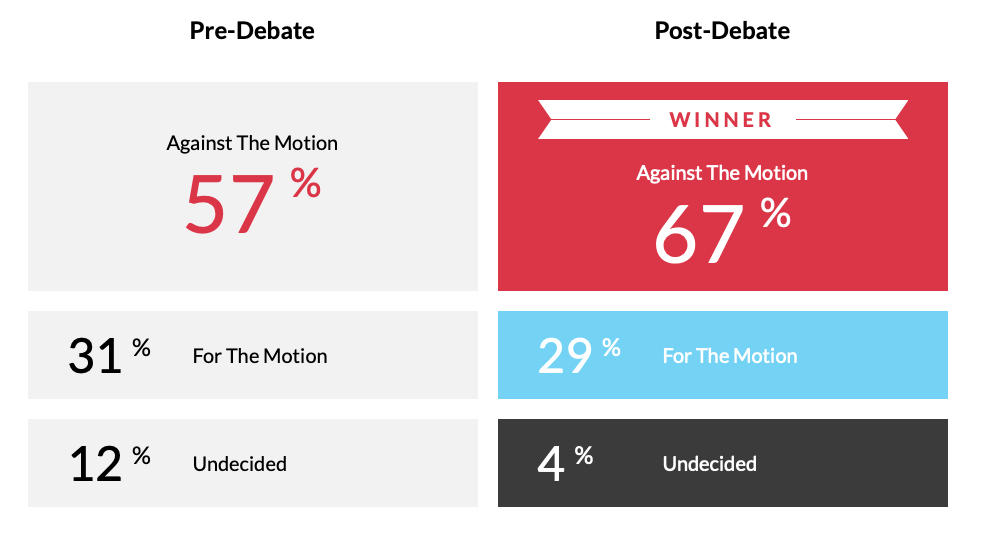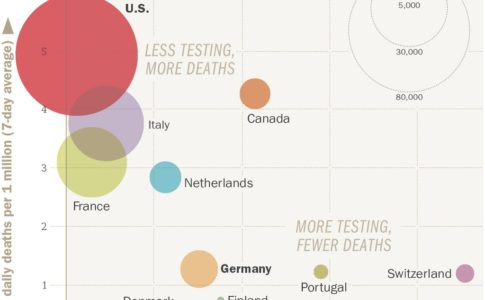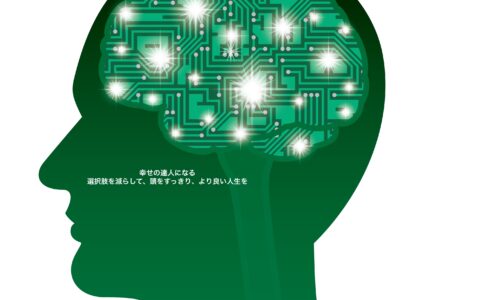インテリジェンススクェア(intelligence2)のディベートシリーズから、今日は、”愛国(国家)主義は良い影響力を持つ“ というお題のディベートの結果を紹介したいと思います。
ディベート前の聴衆から取られたサーベイでは、
肯定派の割合(つまり、愛国主義は良い影響力を持たらすと考えている人)は、31%でした。一方、否定派の割合は、57%でした。(肯定、否定どちらにするか決めていないが12%います)。
ディベートは、いつものように、肯定側のチーム (2名) と否定側のチーム (2名)で行われましたが、
肯定側の主たる論点は以下の3点です。
肯定派
*愛国(国家)主義は、民族的および宗教的分裂を超越する連帯感、帰属感、集団的アイデンティティを育むことにより、コミュニティを強化します。
*官僚的であり、日常の市民から切り離される可能性のある国際的な統治機関とは異なり、国民国家は、人々のニーズと利益を最もよく表す局所的な統治を提供します。 さらに、国家連帯は現代の福祉国家の基盤である。
* 20世紀の帝国主義と植民地化に抵抗する運動を含む多くの独立運動は、より大きな民主主義と自己決定をもたらすためにナショナリストの理想と感情に依存してきました。
一方で、否定側の論点は以下の3点となります。
否定派
*愛国(国家)主義は、人々を結びつける代わりに、暴力的な外国人恐怖症、人種差別、偏見を煽る「私たち」対「彼ら」の考え方を生み出します。 そして、テクノロジーが世界中の個人を結び付けるように、国民のアイデンティティの概念は時代遅れになっています。
*気候変動や病気の蔓延など、今日最も差し迫ったグローバルな課題は、地政学的境界を尊重していません。 これらの国際問題の管理には、効果的なグローバルガバナンスが必要であり、自国の利益のために行動する個々の国は必要ありません。
*歴史を通じて、権威主義的指導者たちはナショナリズムを武器にして政治的および軍事的権力を獲得し、民主的反対を抑制し、さまざまな宗教的および民族的コミュニティを疎外してきました。
それでは、ディベート後の結果はどうなったでしょうか。
肯定側は、ディベート前の31%から、票を減らし、29%に、否定側は、ディベート前の57%から、ディベート後67%まで票を増やし、今回は否定側チームの勝利となりました。
私自身も、否定派の論点に賛同できる部分が多かったのですが、実際の世界の潮流を見ると、トランプ大統領のAmerica Firstや、英国のEU離脱、中国の共産主義の台頭など、国家主義に傾倒する流れに懸念を感じます。
排除ではなくて、受容、
利己ではなくて、利他、
Win-Loseではなくて、Win-Win、
そんなイデオロギーを、理想論と揶揄するのではなくて、ITや教育、政治の力を使って推進していけたらいいなと思いました。
(English)
From the Intelligence Square (intelligence2) debate series, today I would like to share the results of a debate entitled “Nationalism is a a force for good.”
In a survey taken from the pre-debate audience,
the percentage of those in the positive camp (i.e., those who believe that patriotism can have a positive influence) was 31%.
On the other hand, the percentage of the negative group was 57%. (There were 12% who hadn’t decided whether to be positive or negative.)
The debate, as usual, took place in for the motion team (2 people) and against the notion team (2 people),
The three main arguments on the affirmative side are the following three points.
For the motion
- Nationalism strengthens communities by fostering a sense of solidarity, belonging, and collective identity that transcends ethnic and religious divisions.
- Unlike international governing bodies that can be bureaucratic and disconnected from everyday citizens, the nation-state offers localized governance that best represents the needs and interests of the people. Further, national solidarity is the foundation of the modern welfare state.
- Many independence movements, including those resisting imperialism and colonization in the 20th century, have relied on nationalist ideals and sentiments to bring about greater democracy and self-determination.
On the other hand, the negative side of the debate has the following three points.
Against the motion
- Instead of bringing people together, nationalism creates an “us” versus “them” mentality that often fuels violent xenophobia, racism, and bigotry. And as technology connects individuals around the world, the concept of national identity is becoming obsolete.
- Today’s most pressing global challenges — including climate change and the spread of disease — do not respect geopolitical boundaries. Managing these international problems requires effective global governance, not individual states acting in their own self-interest.
- Throughout history, authoritarian leaders have weaponized nationalism to gain political and military power, suppress democratic dissent, and marginalize various religious and ethnic communities.
So what was the result after the debate?
For the motion side lost 31% of the vote, down from 31% before the debate, to 29%.Agains the notion side increased their vote from 57% before the debate to 67% after the debate, with the agains the motion team winning this time around.
I myself could agree with many of the against the motion arguments, but when I look at the actual world trends, I am concerned about the trend toward nationalism, such as President Trump’s America First, Britain’s exit from the EU, and China’s rise of communism.
Acceptance, not exclusion, is the way to go.
Not selfishness, altruism.
Win-Win, not Win-Lose.
I thought it would be nice if we could leverage the power of IT, education and politics to promote such an ideology instead of ridiculing it as idealism.














コメントを残す